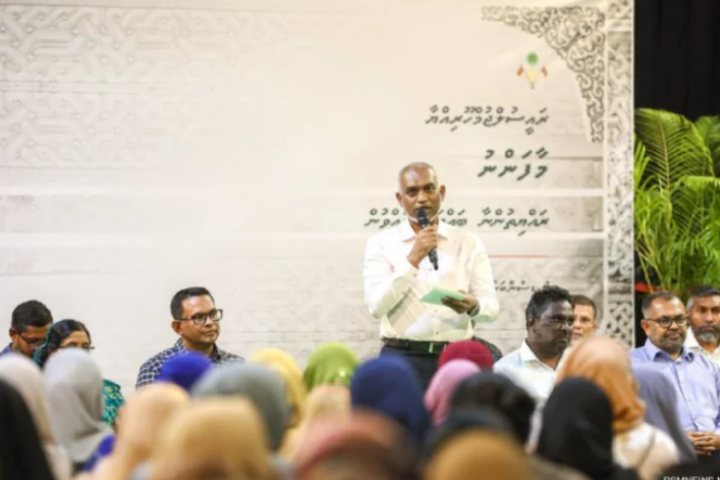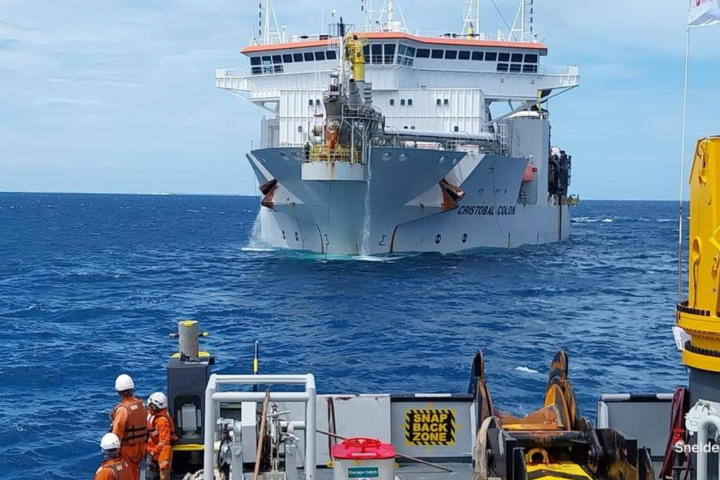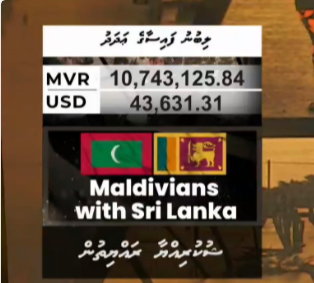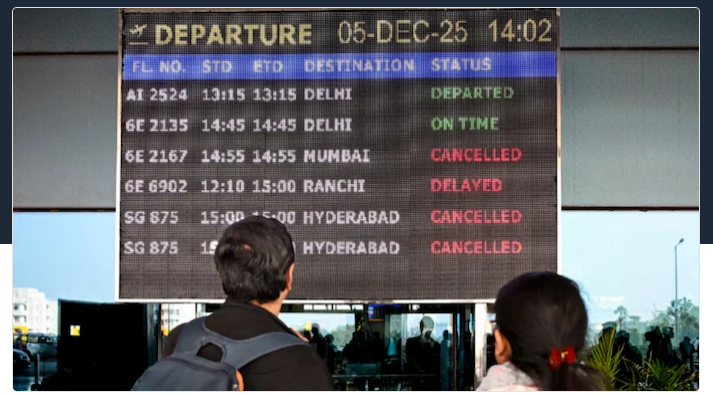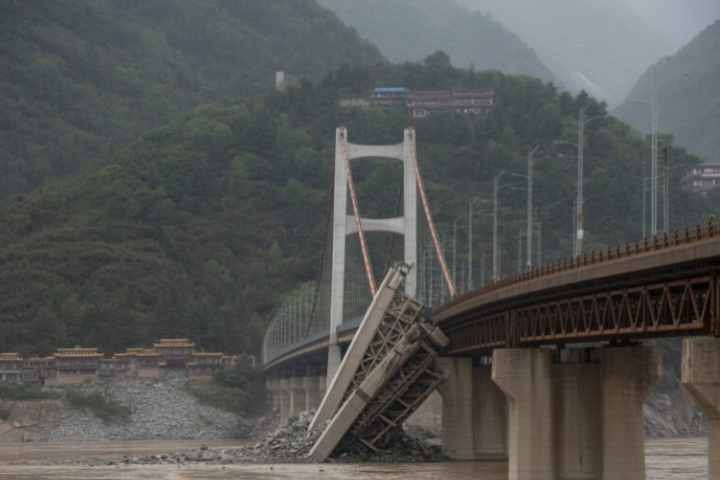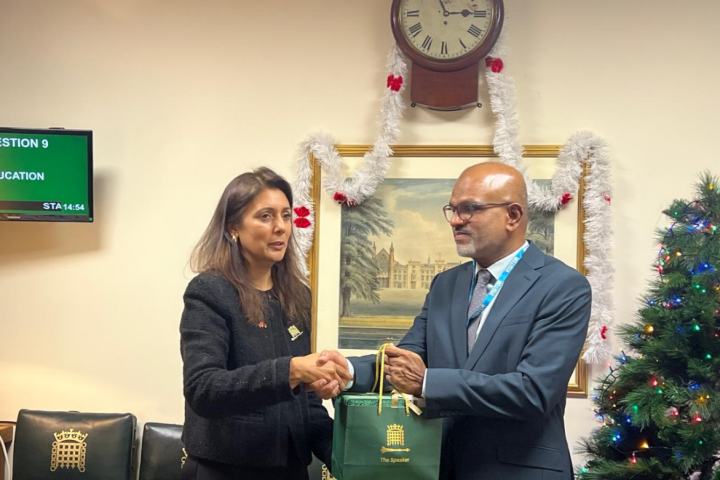MALE’, Maldives — Maldives, a nation grappling with severe land scarcity, the government is confronting a multifaceted housing crisis that has sparked financial turmoil, public discontent, and ambitious pledges for reform. The state-owned Housing Development Corporation (HDC) is struggling to recover hundreds of millions in unpaid rents, a problem exacerbated by a controversial free land allocation scheme under the previous government that cost billions. Now, President Dr. Mohammed Muizzu’s administration, is pursuing a similar free land policy, raising concerns about fiscal sustainability and fairness, while the question of how to address tenants refusing to pay rent remains unresolved. With ambitious pledges to provide plots or flats to every 18-year-old in the Greater Malé area and to exchange cramped urban plots for new land in reclaimed areas, the government faces a daunting challenge in balancing equity, public trust, and economic stability in one of the world’s most densely populated capitals.
A Financial Quagmire: Unpaid Rents and Corporate Defaults
The HDC, tasked with managing the Maldives’ public housing projects, is facing a financial crisis driven by widespread non-payment of rent. Tenants in 60 percent of the HDC’s 8,511 flats, particularly in the Hiyaa social housing complex in Hulhumale, owe a staggering 728 million Maldivian rufiyaa (approximately $47 million). Many residents, frustrated by what they describe as discriminatory policies, have stopped paying rent, citing the free allocation of valuable plots nearby. From their balconies in Hulhumale, a reclaimed suburb of Malé, tenants can see these plots, some worth up to MVR 15 million ($970,000), distributed under a previous government’s initiative. According to a 2019 Maldives Bureau of Statistics survey and figures cited by Sun Online, the average household in Malé, spends over MVR 37,000 ($2,400) monthly, indicating that non-payment of rent may often be a deliberate protest against perceived inequities rather than a sign of financial hardship.
The financial strain extends beyond residential tenants. Wealthy businesses in Hulhumale owe the HDC MVR 1.2 billion ($78 million) for land allocated for commercial development. This mounting debt has intensified scrutiny of the HDC’s management and raised questions about the long-term viability of its housing initiatives. Analysts warn that the corporation’s fiscal challenges could undermine the government’s ability to fund new housing projects, especially as public frustration grows over perceived inequities in land distribution.
A Costly Legacy: The Free Land Scheme’s Fallout
A recent audit report has exposed the staggering cost of a free land allocation program launched by the previous Maldivian Democratic Party (MDP) government. Designed to address Malé’s acute housing shortage, the initiative distributed 9,003 plots to 18,955 eligible applicants in its first phase. However, the program has incurred losses of MVR 11 billion ($710 million), according to the Audit Office’s budget review. The government committed to compensating the HDC with MVR 10.5 billion, including two lagoons valued at MVR 3.3 billion ($214 million) and MVR 7.7 billion ($500 million) to be sourced through collaboration with the Housing Ministry. Auditors described the lagoons as lost income and the remaining sum as a loss in land value, warning that the policy has placed a “huge financial burden” on the state.
The free land scheme has sparked widespread controversy. Critics, including politicians and residents, argue that allocating valuable plots—some in prime locations—has exacerbated inequality in a city where land is a scarce and precious commodity. Public frustration has been compounded by the HDC’s struggles with unpaid rents, as tenants question why they must pay for housing while others received land for free. The audit’s findings have fueled calls for greater transparency and fairness in housing policies, with many questioning whether the government can sustain such costly initiatives in a nation heavily reliant on tourism revenue.
A New Vision: Land Exchanges and Green Spaces
President Muizzu, who took office in November 2023, has proposed a bold plan to address Malé’s housing challenges by exchanging small plots on the city’s narrow streets for free land in reclaimed areas. Speaking in an exclusive interview with state media, he acknowledged that many residents face difficulties securing loans to build homes on cramped urban plots, often located in alleys too narrow for modern construction standards. To address this, the government will launch a land exchange program this year, offering plots in reclamation projects such as Uthuru Thilafalhu, Gulhifalhu, Giravaru, and Rasmale. “This is an opportunity for those who wish to leave the narrow streets and relocate elsewhere,” President Muizzu said, adding that the government will transform the acquired urban plots into green squares to enhance the city’s livability.
The president emphasized that the program, expected to be completed by the end of 2025, will include the issuance of official documentation to ensure legal clarity for recipients. The initiative reflects President Muizzu’s broader vision of modernizing Malé, a city where overcrowding and limited land have long constrained development. By relocating residents to reclaimed areas, the government aims to alleviate pressure on the capital’s congested core while creating public spaces to improve quality of life.
A Promise to the Youth: Homes for All 18-Year-Olds
At the heart of President Muizzu’s housing agenda is his campaign pledge to provide a “first home” to every 18-year-old in the Greater Malé area. In his state media interview, he outlined plans to begin allocating plots or flats this year, with eligible applicants receiving documentation by December. The initiative is part of a comprehensive effort to address Malé’s housing crisis, which has left many young people unable to afford homes in a city where real estate prices are among the highest in South Asia. “Ensuring a first home for 18-year-olds and city residents is a key mission of my administration,” President Muizzu said.
The president also vowed to prioritize those who were previously allocated flats but lost them due to administrative errors under past governments. He criticized the MDP administration for mismanaging social housing projects, accusing it of failing to deliver on promises to vulnerable citizens. To fund these initiatives, the government is leveraging contractor financing and the state budget, with 57 islands across the Maldives benefiting from ongoing housing projects. President Muizzu has set an ambitious goal: by the end of his term on November 17, 2028, he aims to ensure that no Maldivian is without housing.
Challenges Ahead: Balancing Equity and Fiscal Responsibility
The Maldives’ housing crisis reflects broader challenges facing small island nations, where limited land and high population density create fierce competition for resources. The HDC’s financial woes, coupled with public discontent over the free land scheme, have raised doubts about the government’s ability to deliver on its promises. Tenants’ refusal to pay rent signals deep-seated frustrations with perceived inequities, while the MVR 11 billion loss from the previous government’s initiative has strained public finances. The situation underscores the difficulties of balancing social welfare with economic sustainability in a nation vulnerable to climate change and reliant on tourism.
President Muizzu’s plans, while ambitious, face significant hurdles. The land exchange program and the “first home” initiative require substantial funding and logistical coordination, particularly in reclaimed areas still under development. Critics argue that the government must address the root causes of public discontent, including transparency in land allocation and accountability for unpaid debts. As Malé’s population continues to grow, the success of these initiatives will depend on the government’s ability to restore public trust and navigate the delicate balance between fulfilling campaign promises and maintaining fiscal stability in one of the world’s most geographically constrained capitals.

